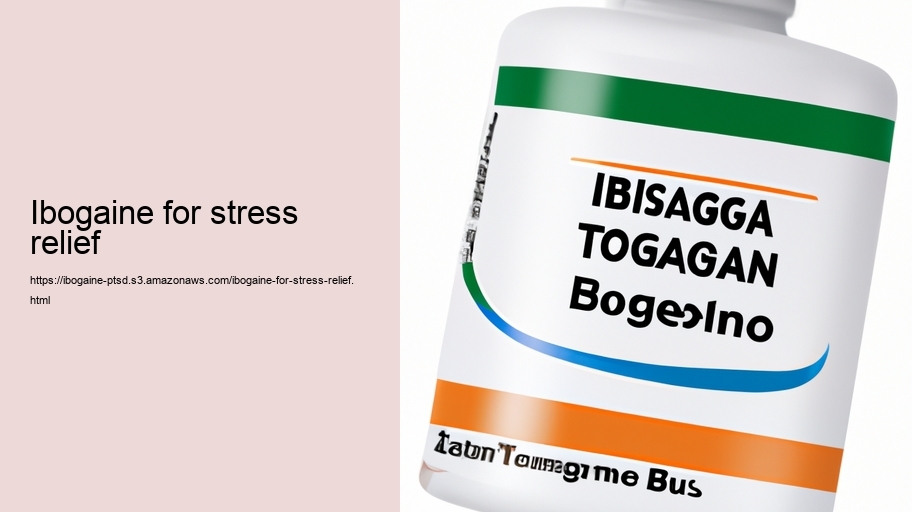Title: Ibogaine: Exploring an Unconventional Pathway to Stress Relief
Introduction:
In the modern era, where stress has become an inescapable part of life, individuals worldwide are in a continuous search for effective relief methods. While traditional approaches such as meditation, exercise, and therapy remain popular, there is a growing interest in alternative treatments that offer promise for those who have not found solace in conventional means. One such substance that has sparked intrigue and debate is ibogaine—a naturally occurring psychoactive compound derived from the root bark of the African shrub Tabernanthe iboga.
Body:
The Origins of Ibogaine
Ibogaine's roots can be traced back to the spiritual practices of the Bwiti religion in West-Central Africa, where it has been used for centuries during initiation ceremonies and healing rituals. It was not until the 20th century that ibogaine caught the attention of Western medicine due to its unique psychopharmacological properties.
Understanding Ibogaine's Effects
Unlike typical stress-relief medications or therapies, ibogaine operates on multiple neurotransmitter systems within the brain. It is primarily known for its application in treating opioid addiction by alleviating withdrawal symptoms and reducing drug cravings. However, its potential use as a tool for stress relief lies in its ability to facilitate introspection and emotional processing.
The process through which ibogine affects an individual’s mental state involves interacting with serotonin and dopamine receptors—neurochemical pathways often associated with mood regulation. During an ibogaine experience, users often report a dream-like state wherein they revisit past experiences from a detached perspective. This altered state of consciousness could potentially allow individuals to confront sources of stress and trauma that contribute to their current psychological burdens.
Controversies and Considerations
Despite anecdotal reports supporting its efficacy, using ibogaine for stress relief is not without controversy or risk. The substance is classified as a Schedule I drug under United States federal law, indicating no accepted medical use and high potential for abuse; consequently limiting formal research opportunities within American borders.
Moreover, there are significant safety concerns surrounding unsupervised ibogaine consumption due to possible acute cardiovascular effects and neurotoxicity at high doses. Thus any consideration of this treatment must prioritize stringent medical oversight within licensed facilities—often located outside countries where it remains illegal.
Ethical Perspectives on Alternative Treatments
Delving into treatments like ibogaine raises ethical questions about access to experimental therapies versus protecting public health through stringent regulations. Should society embrace substances with historical cultural significance but limited scientific validation? Balancing respect for indigenous knowledge with evidence-based medicine represents an ongoing challenge within healthcare discourse.
Conclusion:
While intriguing as an unconventional pathway toward achieving mental clarity and easing life's pressures, employing ibogaine for stress relief remains largely exploratory given current legal frameworks and clinical understanding. Those seeking respite through this compound must weigh considerable risks against personal desperation—a testament to our collective need for more accessible solutions in managing mental health challenges.
As we continue expanding our pharmacological horizons beyond traditional western modalities, it becomes imperative we approach new frontiers cautiously yet open-mindedly—with rigorous research guiding us towards responsibly harnessing nature’s complex offerings like that of enigmatic ibogaine.
